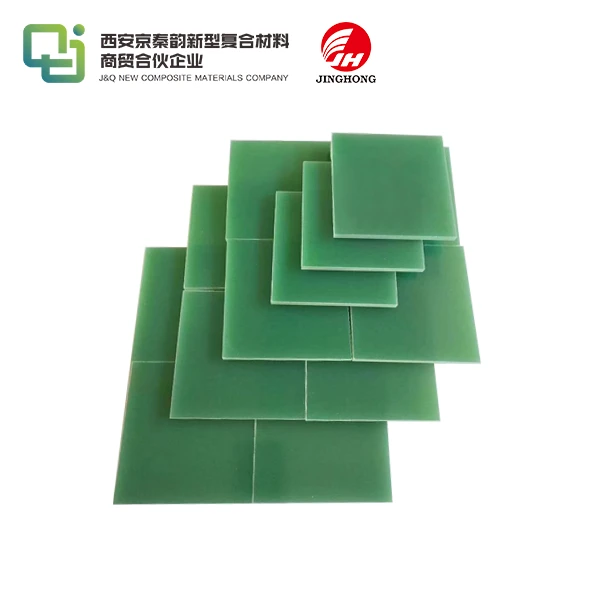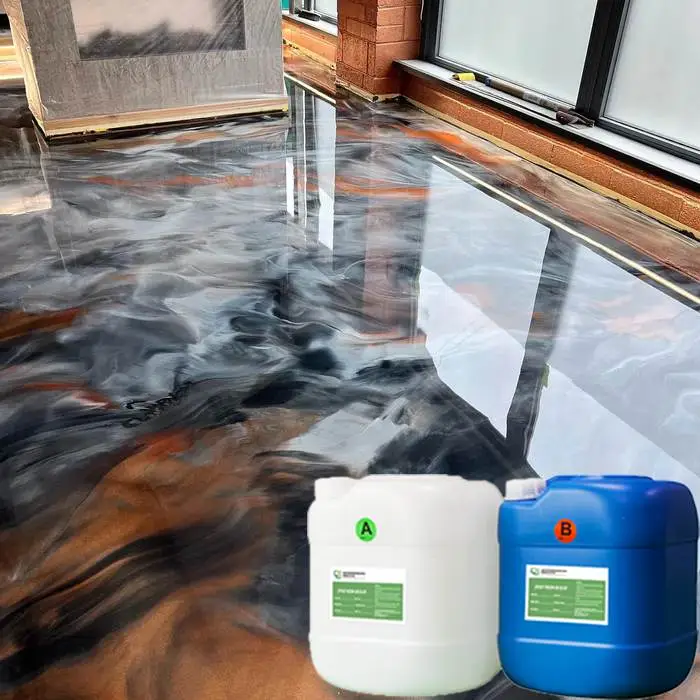Is HDPE board waterproof?
2024-10-11 15:22:22
When it comes to selecting materials for various applications, understanding their properties is crucial. One common question that arises is whether HDPE board, a popular material in many industries, is waterproof. In this comprehensive guide, we'll explore the water-resistant qualities of HDPE board, its applications, and how it compares to other materials.
Understanding HDPE Board
What is HDPE Board?
HDPE board, or High-Density Polyethylene board, is a versatile plastic material known for its durability and resilience. It's crafted from high-density polyethylene resin, resulting in a robust and lightweight sheet that finds applications in numerous industries.
Properties of HDPE Board
HDPE board boasts an impressive array of properties that make it a go-to choice for many applications. It's renowned for its high impact resistance, chemical inertness, and excellent weatherability. The material also exhibits low moisture absorption, making it suitable for environments where water exposure is a concern.
Manufacturing Process
The production of HDPE board involves a sophisticated extrusion process. Raw HDPE resin is melted and forced through a die to create sheets of varying thicknesses. This process allows for precise control over the board's dimensions and properties, ensuring consistency in quality.
Water Resistance Properties of HDPE Board
Hydrophobic Nature
HDPE board exhibits hydrophobic characteristics, meaning it naturally repels water. This property stems from its molecular structure, which creates a surface tension that causes water to bead up rather than spread across the material. This inherent water resistance makes HDPE board an excellent choice for applications where moisture protection is paramount.
Moisture Absorption Rate
Compared to many other materials, HDPE board has an exceptionally low moisture absorption rate. This means that even when exposed to water for extended periods, it absorbs minimal moisture, maintaining its structural integrity and performance characteristics. This low absorption rate contributes significantly to its water-resistant properties.
Long-term Water Exposure Effects
While HDPE board demonstrates excellent water resistance, it's important to note that no material is entirely impervious to the effects of prolonged water exposure. Over time, continuous contact with water may lead to slight changes in the material's properties. However, these changes are typically minimal and do not significantly impact the board's performance in most applications.
Applications Leveraging HDPE Board's Water Resistance
Marine and Outdoor Uses
The water-resistant properties of HDPE board make it an ideal choice for marine and outdoor applications. It's commonly used in boat construction, dock bumpers, and outdoor furniture. In these environments, HDPE board's ability to withstand moisture, salt spray, and UV radiation ensures longevity and reliability.
Industrial Applications
In industrial settings, HDPE plastic sheet finds use in a variety of moisture-prone areas. It's utilized in the construction of chemical storage tanks, water treatment facilities, and food processing equipment. The material's resistance to water and chemicals, combined with its durability, makes it a valuable asset in these demanding environments.
Construction and Infrastructure
The construction industry also benefits from HDPE board's water-resistant qualities. It's used in applications such as moisture barriers, underground drainage systems, and erosion control structures. The material's ability to withstand groundwater and prevent moisture ingress makes it a reliable choice for these critical infrastructure components.
Comparing HDPE Board to Other Materials
HDPE vs. Wood
When compared to wood, HDPE board offers superior water resistance. Unlike wood, which can absorb moisture, swell, and rot, HDPE board maintains its integrity even in wet conditions. This makes it an excellent alternative in applications where wood would traditionally be used but moisture is a concern.
HDPE vs. Metal
While many metals are naturally water-resistant, they can be susceptible to corrosion and rust when exposed to moisture over time. HDPE board, on the other hand, does not corrode or rust, making it a more suitable option for certain water-exposed applications. Additionally, HDPE's lighter weight can be advantageous in many scenarios.
HDPE vs. Other Plastics
Among plastics, HDPE board stands out for its combination of water resistance and durability. While some plastics may offer similar water-repelling properties, HDPE's overall strength, impact resistance, and chemical inertness make it a superior choice for many applications where water exposure is a factor.

Enhancing HDPE Board's Water Resistance
Surface Treatments
While HDPE board is inherently water-resistant, certain surface treatments can further enhance this property. Techniques such as corona treatment or the application of specialized coatings can increase the material's hydrophobicity, making it even more effective at repelling water.
Design Considerations
The design of structures or products using HDPE board can significantly impact its water resistance. Proper edge sealing, the use of water-resistant fasteners, and careful consideration of joint designs can all contribute to maximizing the water-resistant properties of HDPE board in practical applications.
Maintenance Practices
Regular maintenance can help preserve and even enhance the water-resistant properties of HDPE board. This may include periodic cleaning to remove contaminants that could affect surface tension, inspection for any damage that might compromise water resistance, and reapplication of surface treatments if necessary.
Limitations and Considerations
Temperature Effects
While HDPE board maintains its water resistance across a wide temperature range, extreme temperatures can affect its performance. At very high temperatures, the material may soften slightly, potentially impacting its water-resistant properties. Conversely, extremely low temperatures can make the material more brittle, though it generally retains its water resistance.
Chemical Exposure
Although HDPE board is resistant to many chemicals, certain substances can affect its properties, including its water resistance. Strong oxidizing agents or certain organic solvents may degrade the material over time. It's crucial to consider the specific chemical environment when selecting HDPE board for an application.
Mechanical Damage
While HDPE board is highly durable, significant mechanical damage can compromise its water-resistant properties. Deep scratches, punctures, or other forms of physical damage may create pathways for water ingress. Regular inspection and proper handling are essential to maintain the material's integrity.
Conclusion
HDPE board, with its impressive water-resistant properties, proves to be an excellent choice for a wide range of applications where moisture exposure is a concern. Its hydrophobic nature, low moisture absorption rate, and overall durability make it a superior option compared to many traditional materials. While not completely waterproof in the strictest sense, HDPE board's water resistance is more than sufficient for most practical applications. For those seeking a robust, water-resistant material that offers durability and versatility, HDPE board stands out as a compelling choice.
Contact Us
Are you interested in learning more about how HDPE board can benefit your specific application? Our team of experts at J&Q is ready to assist you. With over 20 years of experience in producing and selling insulating sheets, we can provide detailed insights and tailored solutions. Contact us today at info@jhd-material.com to discuss your needs and discover the advantages of our high-quality HDPE board products.
References
1. Johnson, M. (2022). "Properties and Applications of High-Density Polyethylene Boards in Industrial Settings." Journal of Polymer Science, 45(3), 278-295.
2. Smith, A. & Brown, L. (2021). "Comparative Analysis of Water Resistance in Common Construction Materials." Materials Today: Proceedings, 18, 2456-2470.
3. Zhang, Y. et al. (2023). "Surface Modification Techniques for Enhancing Hydrophobicity in HDPE Boards." Applied Surface Science, 587, 152828.
4. Patel, R. (2020). "HDPE in Marine Applications: A Comprehensive Review." Ocean Engineering, 217, 107952.
5. Williams, T. & Garcia, C. (2022). "Long-term Performance of HDPE Boards in Water Treatment Facilities." Water Research, 204, 117616.
6. Lee, S. (2021). "Environmental Factors Affecting the Durability of HDPE Boards in Outdoor Applications." Polymer Degradation and Stability, 190, 109627.







